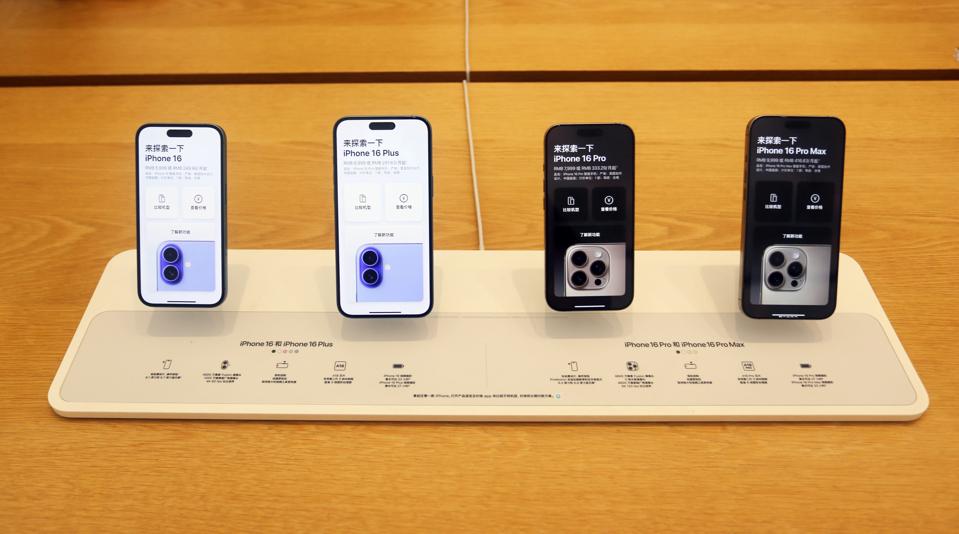Apple CEO Tim Cook spoke in the company’s quarterly earnings call on May 1, and the question of how tariffs will affect iPhone pricing came up — in April there were rumors that the iPhone would cost more than $2,000 after Memorial Day.
Actually, tariffs came up a lot: a transcript of the call reveals the words tariff or tariffs were mentioned 27 times.
Tim Cook is a skilled diplomat and knows when he needs to be discreet. Nonetheless, he was transparent about the topic in several comments.
“For the March quarter, we had a limited impact from tariffs as we were able to optimize our supply chain and inventory. For the June quarter, currently, we are not able to precisely estimate the impact of tariffs as we are uncertain of potential future actions prior to the end of the quarter,” Cook said.
The supply chain optimization he refers to may include the 1.5 million iPhones said to have been flown from India to the U.S. before the tariffs kicked in.
“Assuming the current global tariff rates, policies and applications do not change for the balance of the quarter and no new tariffs are added, we estimate the impact to add $900 million to our costs,” Cook went on.
“For the June quarter, we do expect the majority of iPhones sold in the U.S. will have India as their country of origin. China would continue to be the country of origin for the vast majority of total product sales outside the U.S.,” he said, a plan put in place not least because tariffs are lower for products coming from India.
When he was asked again, Cook talked more about tariffs. “We’re very engaged on the tariff discussions. We believe in engagement and we’ll continue to engage. On the pricing piece, we have nothing to announce today. And I’ll just say that the operational team has done an incredible job around optimizing the supply chain and the inventory. And we’ll obviously continue to do those things to the degree that we can,” he said.
So, what does this mean? It sounds to me like Cook is saying the company is doing everything it can to prevent putting up the price of the iPhone, for as long as it can. Cook mentioned that for now, global reciprocal tariffs don’t apply to most Apple products while the Commerce Department completes its investigation into imports of semiconductors and so on.
Even so, $900 million is not pocket change, so if the existing tariffs remain in place, Apple was very careful not to rule out price increases in the future.

